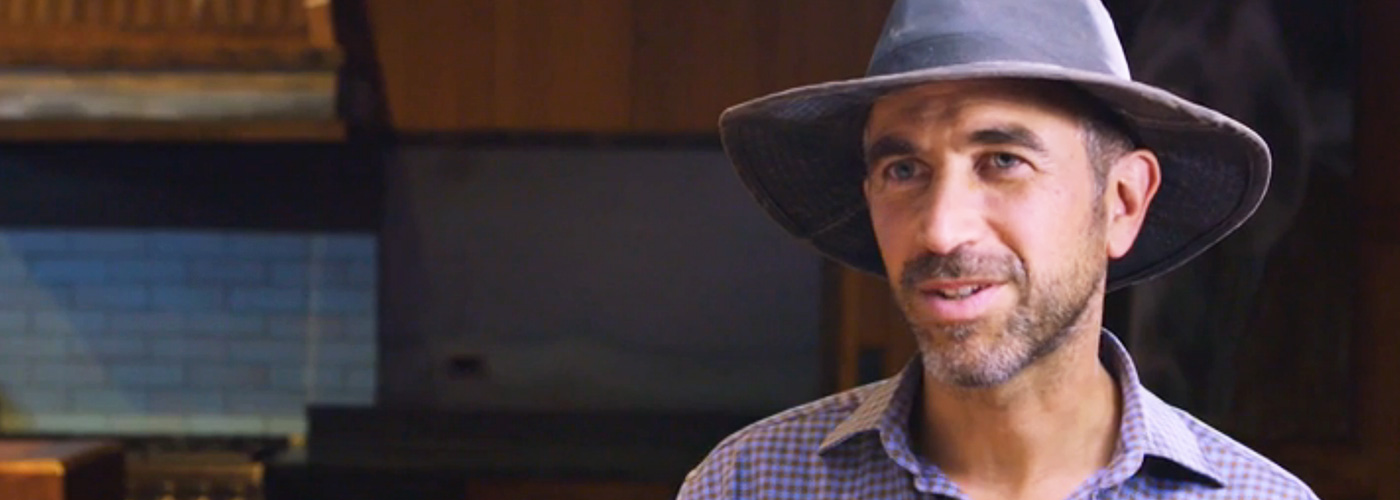The topic of “morning rituals” always seems to inch its way into every conversation with entrepreneurs. Thinking about how to find the optimal routine is natural for high-achievers trying to GyShiDo (i.e. Get Your Shit Done). But, does it really matter what you do every morning?
It might. According to a study featured on Harvard Business Review, people whose performance peaks in the morning are better positioned for career success, as they’re more proactive than their night owl counterparts. Proactivity, as defined in a study reported in the Journal of Applied Social Psychology, is the willingness and ability to take action to change a situation to one’s advantage.
People whose performance peaks in the morning are better positioned for career success. Tweet This Quote
So, what do you do to take charge of your day and its outcomes? Do you wake up early or sleep in? Do you exercise or meditate? Check your emails or read the news? Do you even have a solid routine?
To get an idea of what proactivity actually looks like, we asked a mix of entrepreneurs and overall GyShiDo masters the following question: What do you do in the morning that sets your day up for success?
Pascal Finette, serial tech entrepreneur, Managing Director of Singularity University Labs, coach and speaker wrote…
In the morning, I am a creature of habit. First of all, I tend to get up early, usually around 6 a.m. First thing I do is switch on my fancy espresso machine. I can’t function without awesome coffee. While the machine is heating up, I quickly triage my email, deleting the 50 percent that don’t hit my important threshold. Then, I do a quick workout of calisthenics. Once the coffee is ready, I go back to bed to read my news and blogs for 20 minutes before getting into the rest of my day.
Jeff Hoffman, the co-founder of Priceline.com, Emmy Award-Winning Producer, Hollywood film producer, and “CEO Hall of Famer” wrote…
My morning routine is important to me; it’s something I do every day, no matter where I am, to increase and induce idea flow. It’s a process I call “info-sponging.” Here’s the idea. Most of us spend all our time looking inwardly at our own industry. If you work for a health care company, you spend your time on health care issues. You don’t really read articles about the banking industry, for example, because you’re in health care. But therein lies the missed opportunity.
All around us every day, innovators in other industries solve problems in creative ways that could be applied to what you do, too. Tweet This Quote
All around us every day, innovators in other industries solve problems in creative ways that could potentially be applied to what you do, too. For example, the first fast food drive-through window came from a fast food employee who decided to see what banks were doing to improve customer service. He happened to come upon the first bank in the country that built a drive through window.
So, here’s how info-sponging works. For the first ten minutes of every day, I leave my industry. For example, if you work in health care, for the first ten minutes of your day, you choose not to do anything related to health care. During those ten minutes, you have one simple goal — learn one new thing you don’t need to know.
I simply follow my curiosity. I read one article every morning, watch a video, or listen to a podcast about something I don’t need to know in my business. Then, I write down one sentence summarizing what I learned. That’s it. On any given day, that piece of information you learned may mean nothing. But if you do this every day, eventually the dots start connecting. One day, you will create something completely new in your industry by connecting seemingly disparate pieces of knowledge in ways no one ever has before.
For ten minutes every day, take the time to learn one new thing you don’t need to know. Tweet This Quote
Tom Chi, rapid prototyping genius, former experience lead at Google X, and former Chief Prototyping Officer at FACT0RY wrote…
Every morning, I start with yoga or meditation. Then, I have breakfast and make herbal tea. I will then spend time doing something creative, usually drawing or playing music. Finally, I’ll make a list of key things to accomplish, and I make sure to do the first thing before connecting to the network.
Corey Kohn, partner and COO of DOJO4, photographer, and author of Little Handbook for Sturdy Startups wrote…
Mindfulness meditation, even five minutes, is super helpful in setting my tone for the day. When I can make it happen, it always tends to uncover a sense of space and possibility in my mind. It’s a great antidote to speediness and feeling hassled throughout the day.
Also, walking or biking to work inevitably leaves me feeling more joyful. I feel like I can be more intentional in my work and accomplish more if I get there with fresh air in my lungs. It’s best if I spend that time just walking or biking, opening my senses to the day, rather than being on the phone or noodling on what I need to get done.
In the morning, I’m often reminded of this Zen proverb:
You should sit in meditation for twenty minutes every day, unless you’re too busy. Then you should sit for an hour. Tweet This Quote
Burning Question
What does your morning routine look like that sets you up to GyShiDo all day? Share in the comments below.



